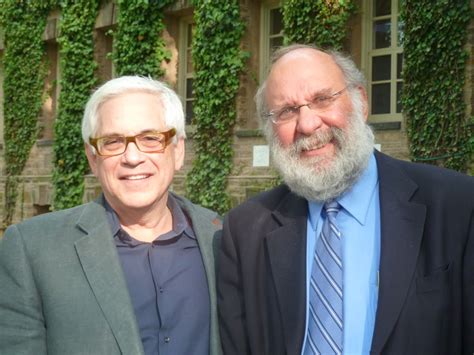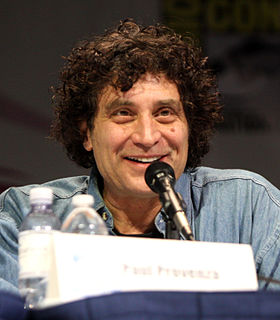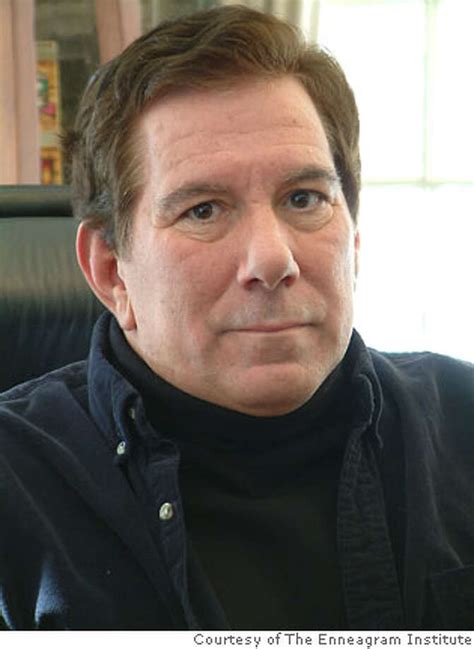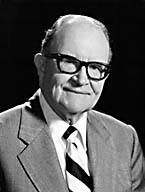A Quote by John Dewey
The life of the ancient Greeks and Romans has profoundly influenced our own, and yet the ways in which they affect us do not present themselves on the surface of our ordinary experiences.
Related Quotes
Solar flares affect our everyday lives in all kinds of mundane ways. They affect satellites, they affect our emotions, and so on, but they also affect the nature of the light that is coming to us, which is kind of the way that the DNA unfolds. And on those levels hardly anyone really understands all of this, and I don't either. I just know that what is going on in the Sun is very important.
The arts have long been an integral and vibrant part of our nation's cultural heritage. In its many forms, art enables us to gain a deeper understanding of ourselves and of our society. Providing us with a unique way to learn about people of other cultures, it allows us to discover all that we have in common. At its best, art can beautify our cities, encourage economic development and social change, and profoundly affect the ways we live our lives.
My own view is that friendship is essential to our becoming who we are. It provides a context within which we can, more or less safely, try different ways of being, different approaches to life, and our friends, to whom we open ourselves and by whom we are willing to be influenced and directed, play a central role in what becomes of us.
In fact, life is our greatest teacher. Whatever we are doing can be instructive, whether we are at the office, or talking to our spouse, or driving a car on the freeway. If we are present to our experiences, the impressions of our activities will be fresh and alive, and we will always learn something new from them. But if we are not present, every moment will be like every other, and nothing of the preciousness of life will touch us.
Mindfulness is an ancient meditation mode in which we let go of our fears, our attachments to control and being right, our expectations and entitlements, and our judgments of others. Instead of these popular strategies, we learn to simply stay present opening in the moment - with nothing in the way - so we can experience life as it occurs.
Many people do not know that they can strengthen or diminish the life around them. The way we live day to day simply may not reflect back to us our power to influence life or the web of relationships that connects us. Life responds to us anyway. We all have the power to affect others. We may affect those we know and those we do not even know at all. . . . Without our knowing, we may influence the lives of others in very simple ways.
What Grandfather Burton did for me was to write a sacred family record, the small plates of Burton, or, if you will, an inspirational family record. Much of what we now regard as scripture was not anything more or less than men writing of their own spiritual experiences for the benefit of their posterity. These scriptures are family records. Therefore, as a people we ought to write of our own lives and our own experiences to form a sacred record for our descendants. We must provide for them the same uplifting, faith-promoting strength that the ancient scriptures now give us.









































